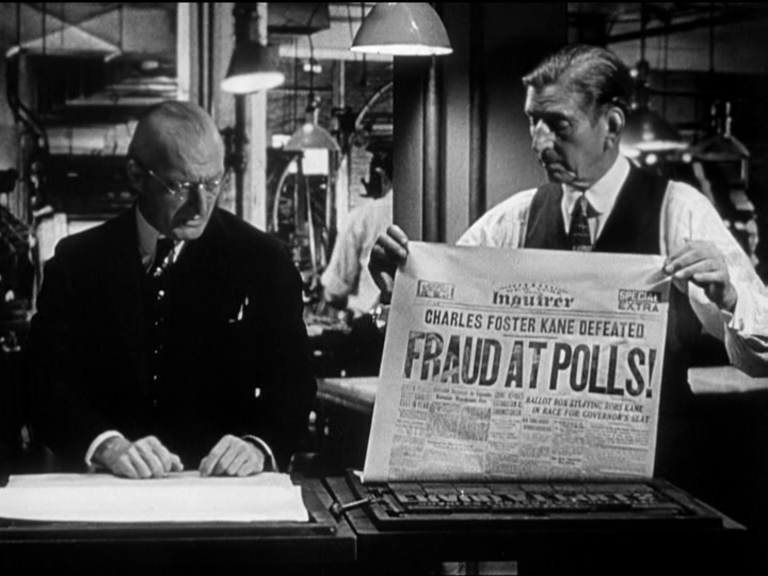Academic Fraud Revisited

Dr. Lee Papa tells a story about handling fraud from the inside of an academic department:
The editor then listed everything that he had discovered. His signature was wrong on the emails. Moreover, “my email contains remarks that are not ones I would make — e.g., the idea that the ‘readers accepted the article with revisions.’ Readers don’t accept articles.” He was very clear that “we are NOT accusing” Cora of any kind of deception. But he was also clear that Cora “does NOT have an article that has been accepted by [the journal], or that will be published by the journal.” She had, though, just submitted an article; it would begin the process of being reviewed.
“Thanks very much for this thorough and distressing response,” I wrote back. We followed up with a brief phone call in which we were both much more candid about what, at this point, we were sure had happened.
I was angry. At Cora for lying; at myself for not doing more due diligence and for convincing so many people to support her appeal; at the president for being right. That one stung because, well, we all like feeling superior in our judgment to our administrators. And, to be completely honest, I was also upset because I didn’t want to lose Cora. But there was no way I could save her.
When I called Cora, I told her about what the editor had found. She said she understood. She sounded like she was tearing up. She asked what she should do. I said she had to withdraw her appeal. I asked what went wrong. I said she should start searching for another job because this one was going to end after this semester. But I said that I would be happy to recommend her; she could put me down as a reference. Whatever feelings of betrayal I might have were my damage to deal with. I understand the tremendous pressure she was under. My own book contract came through with only weeks to spare when I was going up for tenure. I got why Cora did it. I still wanted her to land on her feet.
That last is a level of generosity that I don’t think I could manage. As many of the folks who graduate from my program go on to work for government in sensitive positions, I often have conversations with FBI employees (sometimes subcontractors) doing background checks. A key (possible THE key) question in those interviews is whether I found the graduate trustworthy and believed that they could be trusted with sensitive information. I make very clear to my students during orientation that it is not my business to lie to the government on their behalf. Anything like the above, which really is a level of deception that goes way beyond simple plagiarism or ChatGPT… there is no way in Hell that the person would ever get a recommendation from me. At best I could perhaps be convinced to refrain from efforts to blow up their academic career…


